Common Habits to Change for Longer, Healthier Lives

We all have ingrained habits that seem perfectly normal, like sitting at a desk for hours while working, watching TV before bed and enjoying tea or coffee after dinner. Unfortunately, some of the most typical routines can have some seriously negative effects on your physical and mental wellbeing.
So, how do you know if something that seems harmless is actually bad for you? Take a look at this list of common habits you can easily change to live a longer, healthier life.
Don’t Sit at Your Desk
People loved to tell you to sit down and not move as a child. Ironically, that’s a terrible idea. Spending hours at work — as well as your leisure time — sitting down has led medical experts to call sitting “the new smoking.” It’s estimated that the average American adult sits for almost seven hours a day. Over time, it compacts veins, slows circulation and leads to joint problems, high blood pressure, obesity and heart problems.

Request a standing desk — or even a treadmill desk! — for your workspace or take breaks every 20 minutes to stretch and get your blood pumping again. Your body will thank you!
Don’t Brush After Breakfast
Brushing your teeth removes plaque, of course, but it also exposes fresh, vulnerable tooth enamel. If you just consumed acidic food, such as fruit and many sauces, it can break down enamel. If you brush immediately, it could actually make it worse and damage your teeth.
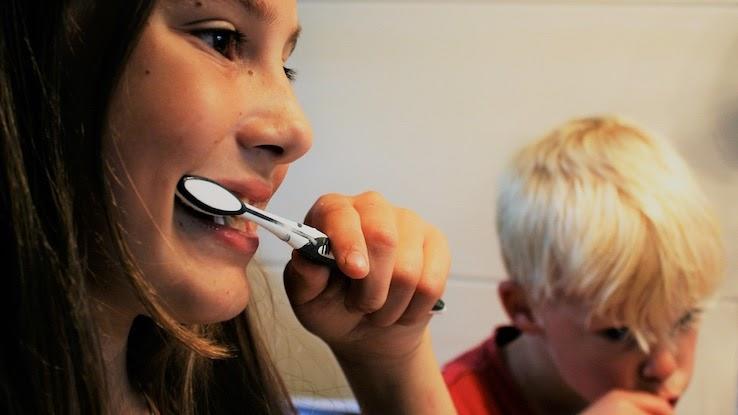
It’s also best not to brush after drinking tea or coffee. Wait at least 30 minutes to allow the acid and tannins, which can stain your teeth, to dissipate. Swill your mouth with water after your hot drink to wash these away.
Get Your Hands Dirty
Okay, so don’t walk around with filthy hands, but you don’t need to wash your hands quite as often as your mother led you to believe. Over-cleanliness brought on by an unhealthy surge in the popularity of hand sanitizer has caused some people’s resistance to harmful bacteria to become very low.
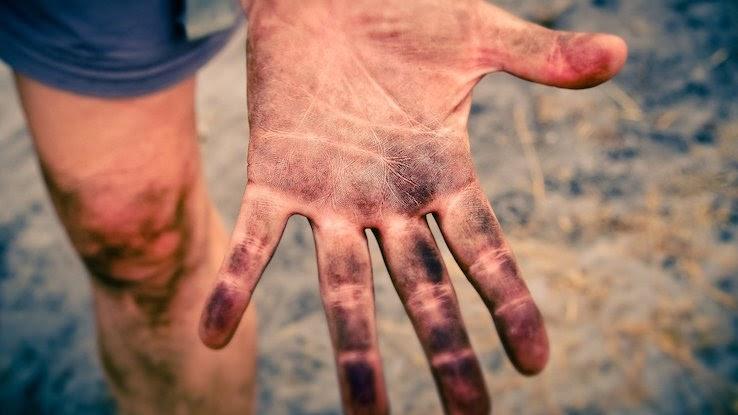
Exposure to small amounts of everyday bacteria actually strengthens the immune system — it’s basically like getting a mini shot. This is also why there’s no need to be paranoid about your kids getting dirty. Letting them get muddy with other kids strengthens their resistance against illness.
Put Down the Phone
Any use of tech, which includes your tablet, phone and TV, means you’re getting exposed to blue light rays. Throughout the day this won’t affect you much, but because it decreases the amount of melatonin in your body — a hormone critical to positive sleep cycles — you should cut out tech use at least an hour before bed.

This includes avoiding usage if you wake in the night, so resist the urge to check your Twitter feed at 2 a.m. Switch to paper books as part of your wind-down routine. If you must use your phone late, make sure it’s set to night mode.
Skip the Alcohol
Alcohol has become such a deeply ingrained part of American life, but it shouldn’t be consumed daily. It’s legally sold across the world, and greeting cards, T-shirts, memes and advertisements all celebrate the fun and stress relief that goes along with enjoying a drink.

In truth, it’s one of the most addictive and detrimental drugs — yes, it’s a drug — on the planet, both physically and mentally. The idea that “red wine is good for you” actually refers to the antioxidant resveratrol in the wine, but the good is canceled out by the toxins and tannins. Stick to grape juice and leave the booze for special occasions.
Keep the Fruit to Small Servings
Yes, fruit is good for you and provides a fantastic range of vitamins and antioxidants, but it also contains a lot of sugar. Although fructose is a natural fruit sugar, your body doesn’t differentiate it from refined sugar (sucrose). Your body will store any extra calories from fruit as fat, just as it would a cookie.

Additionally, consuming lots of fruit — even in juices and smoothies — affects your teeth and causes decay. Veggies like carrots and peppers pack plenty of nutrients without the high sugar. Of course, if you really want something sweet, it’s still better to choose strawberries over chocolate for other reasons.
Always Flush with the Lid Down
It’s not a pretty fact, but when you flush the toilet, the crashing impact of the water sends particles of whatever you deposited in the bowl up into the air. These particles could potentially end up on you, the toilet lid, toothbrushes, towels and any other uncovered items in your bathroom.

By closing the lid before you flush, you increase the odds that everything in the bathroom remains free of contamination. It also increases the efficiency of the flush velocity, which keeps your toilet cleaner for longer.
Forget About Cotton Swabs
Cotton swabs (or cotton buds) can be found in most bathroom cabinets. While most people think their purpose is to clean ears — kids have been heard calling them earbuds! — they are actually potentially dangerous weapons if you poke them too far into your ear.
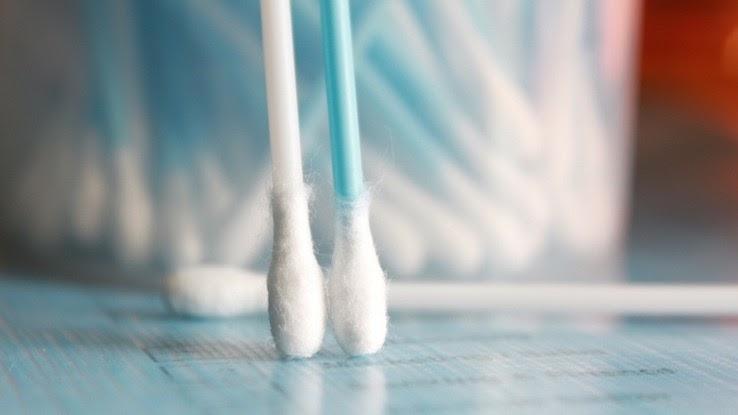
Sure, it may feel better temporarily, but using them often pushes the earwax further into your ear and could even perforate your eardrum. The packaging even warns consumers not to put them in their ears! In most cases, ear wax build-up dissipates naturally.
Don’t Fight Sleep
Most people think it’s best to power through the day, fighting off energy dips with caffeine or sugary snacks. Believe it or not, we’re not actually designed to stay awake all day. In fact, we’re the only mammals that attempt to go against an innate sleep cycle by trying to sleep only in eight-hour blocks of time.

If possible — give in to the desire to nap at the usual energy dip time between 2 p.m. and 5 p.m. Just don’t nap any longer than 20 minutes, or you could enter deep-sleep mode. Waking up at that stage will leave you feeling groggy and worse than when you fell asleep.
Stop Rubbing Your Eyes
Touching your face too much transfers dirt from your hands onto the sensitive skin of your face. This can increase the number of spots and acne you have on your face. It also disturbs the natural oils that nourish your skin and reduce the signs of aging.

Rubbing your eyes, in particular, can cause little micro-tears in the skin and make eye wrinkles worse. If you have an itch, try lightly patting your skin instead. For tired eyes, lightly cup your hands over your eyes for a few seconds.
Do Eat Fat!
Lots of people think including fat in your diet is bad, particularly those in the Baby Boomer generation, who were raised on advertisements promoting low-fat diets for weight loss. To lose weight, it’s much more important to increase exercise and keep sugars as low as possible, including starchy carbohydrates, which your body turns to sugar for energy.

Trans fats found in cookies and chips have no nutritional benefits, but fats in oily fish and nuts benefit your heart and brain. In moderation, saturated fats from meat and dairy also help your heart.
Drink Plenty of Water
It sounds obvious, but it’s worth emphasizing that drinking water has innumerable benefits. It’s free, accessible and extremely good for your health. It keeps your skin clear, allows your digestive system to work properly, hydrates your muscles and joints, helps your kidneys get rid of toxins and boosts your energy. Not bad for such a simple little drink, right?

Keep yourself hydrated by aiming for two liters of water per day. This can include non-caffeinated teas and flavored drinks, but choose low sugar or sugar-free options so you don’t end up consuming extra “empty” calories.
Curb Afternoon Caffeine
If you regularly drink tea, coffee or other caffeinated drinks after 2 p.m., it increases the risk of sleep problems at night. Throughout the day, a hormone called adenosine increases in your body. This hormone is responsible for feelings of sleepiness, and by the time you’re ready for bed, there should be enough of the hormone to promote a deep slumber.

Caffeine, however, directly affects adenosine levels, making them lower. If you do find yourself drinking caffeine later on in the day, then try to do some exercise, which will naturally increase your adenosine levels.
You Don’t Always Need Breakfast
Ready to kick the common habit promoted by moms everywhere? We’re led to believe breakfast is a vital start to the day, but there are a few good reasons to hold off on eating. Your digestive system enjoys a break. It helps gut bacteria proliferate, which benefits everything from immunity to brain function. Plus, fasting for 12-16 hours increases energy and weight loss.
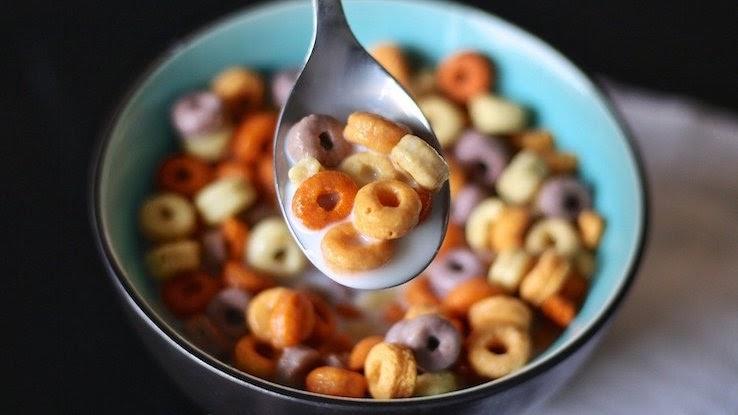
After all, breakfast literally means “break your fast.” In particular, exercising on an empty stomach helps burn calories. However, if you’re diabetic or have other health problems, ask your physician before missing meals.
Don’t Eat Lunch at Your Desk
We’re all guilty of it. Busy lives and the desire to get more done mean we sometimes don’t take time for a lunch break. This often leads to eating lunch at your desk or skipping it altogether.

Skipping lunch makes your working day feel longer, increasing fatigue, sore eyes and a sedentary lifestyle. Get in the habit of leaving your desk for lunch to mindfully enjoy your food. This acts like a mini-meditation, reducing stress and helping you feel more grounded. Take a walk when you’re done — it will boost your energy!
Cook with Canola, Not Olive
Olive oil is good for you, no doubt about it, but cooking with it destroys the antioxidants due to high heat, and harmful compounds can form. The best oil for cooking is canola oil, as it has a high smoke point.

Many people think of canola as a bad oil, but that’s because mass produced oil for confectionary purposes is hydrogenated, which makes it less healthy. Look for cold-pressed canola oil, which retains the health benefits. You could also use coconut oil, which has a high smoke point and plenty of health benefits.
Get Your Sponge Out of the Sink
Many people are guilty of this, and it’s a surefire way to increase bacteria in the sponge. A wet, warm sponge with particles of food on it is a breeding ground, harboring 150 times more bacteria and mold than the average toothbrush holder! Not a nice thought if you use your sponge to wipe down your countertop.
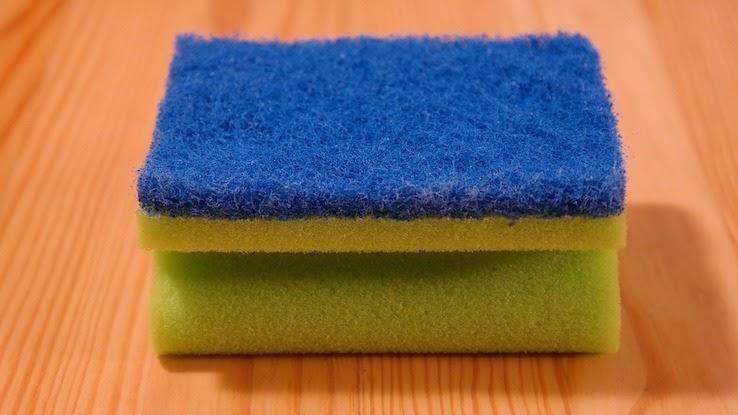
Always disinfect your sponge with antibacterial spray after using it and keep it on a stand with draining holes. A good tip is to microwave your sponge for two minutes each day, which blasts bad bacteria.
Don’t Sweat the Small Stuff
It’s easier said than done, but keeping calm is so essential for keeping the body and brain healthy. Chronic stress increases levels of the hormone cortisol in your body. Over time, this has all kinds of negative effects, including high blood pressure, brain fog and increased visceral fat — better known as belly fat.

If you feel your stress levels creeping up, pause to take time for something mindful or meditative. This doesn’t have to mean sitting cross-legged listening with your eyes closed. Anything relaxing, such as reading, cooking or walking, works.
Walk as Much as Possible
It’s so easy to jump in the car or catch a bus to go shopping or visit pals, but if you’re only going a short distance, get in the habit of walking. Numerous researchers have said we should take at least 10,000 steps a day for optimum benefits. Those benefits include lower blood pressure, lower stress levels, healthier joints and, of course, weight loss.

Use your walk to clear your head or listen to music and podcasts. You will relax, save lots of money and help the environment Great bonuses!
Wear Sensible Shoes
Sorry to sound like your grandmother, but well-fitting shoes are really important. Of course, fancy shoes and high heels are good for special occasions, but even then, it’s important to make sure they hold your feet firmly (but not too tight), support your ankle and allow your toes to stay aligned.
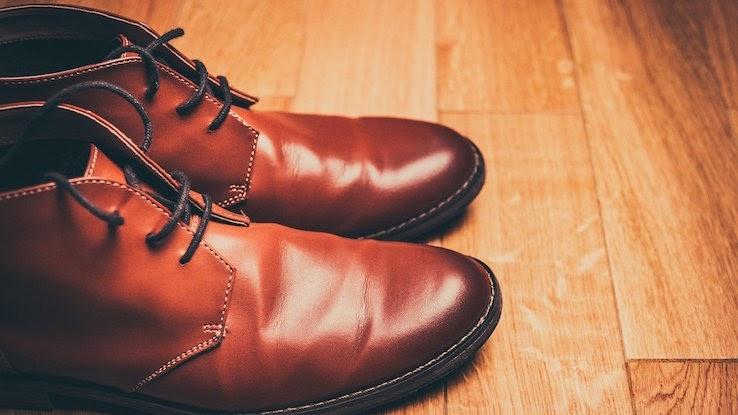
This helps you avoid blisters and twisted ankles, but more importantly, it reduces the risk of painful bunions, which could require surgery if they become severe. Bad footwear also throws your knees, hips and spine out of alignment.
Actively Work to Avoid Boredom
There’s a lot of truth in the saying “the devil makes work for idle hands.” Letting yourself become bored on a regular basis is a common cause for low mood, decreased energy and sedentary behavior, all of which lead to excessive snacking and weight gain.

Over time, boredom could even cause depression and accelerate aging, according to experts. Keep in mind that boredom isn’t just sitting doing nothing. You can be bored watching TV, working or reading. Find things that really stimulate your brain and keep your hands busy, such as crafts, gardening or volunteer work.
Be Wary of Medication
If your doctor recommends a prescription for you, do a bit of research before you take it and question whether you really need it. For example, many people are prescribed a course of antibiotics for issues that may well clear up on their own. In particular, the common cold and associated ear infections often don’t need antibiotics.
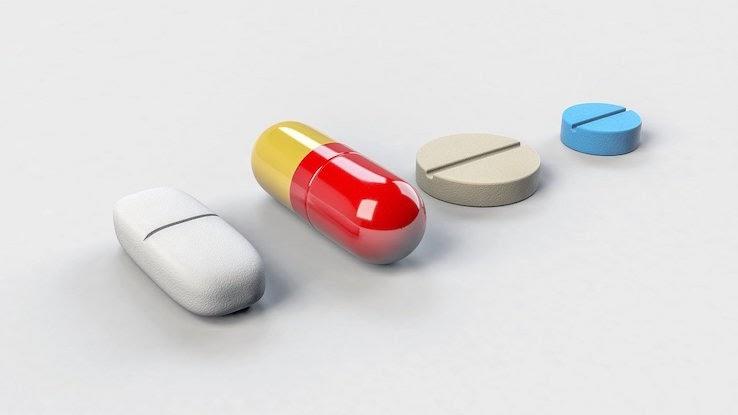
Taking unnecessary antibiotics creates an increased risk of antibiotic resistance. Painkillers should also be taken with caution, as your tolerance increases over time, possibly resulting in addiction.
Fill Up on Fiber
Eating plenty of fiber has numerous benefits for your health. It helps keep you fuller for longer, meaning there is less chance you will needlessly snack. It also keeps your digestive system healthy, so you don’t become constipated.

You should aim to eat around 30 grams of fiber per day, which is pretty easy to do by consuming a mix of vegetables, fruit — not too much fruit, remember the point above — and high-fiber grains like couscous and quinoa.
Switch Off Social Media
People can become so consumed with social media that it’s actually considered one of the fastest growing addictions around the world. In fact, “digital detox” events and retreats are popping up everywhere to combat the problem.
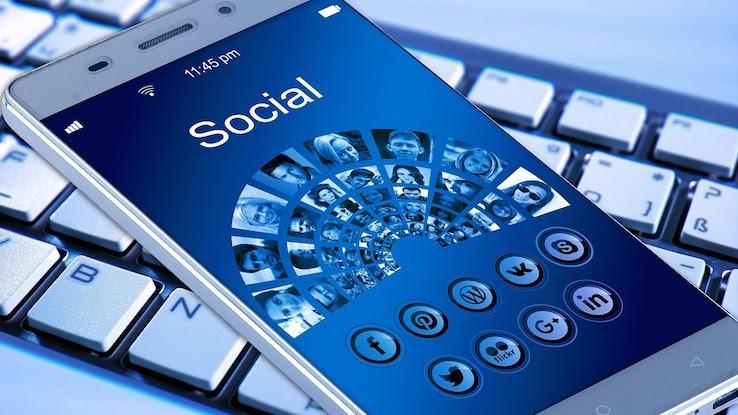
Facebook, Twitter and Instagram can also lower your self-esteem by making you feel less important than other people or make you feel inferior for not doing enough with your life. Using social media also creates privacy issues, because it could put information out there that you might not want others — particularly in your professional life — to know. Try to reduce your social media use by switching off in the evenings or even for a full day.
Resist the Weekend Laze
After a busy week, it’s very tempting to stay in the coziness of your bed or lounge on the couch when Saturday rolls around. Regardless, in order to keep your energy levels up during the day and your sleep solid at night, it’s best to stick to a regular sleep cycle.

To figure out your ideal bedtime, use Saturday and Sunday to test when you naturally tend to wake up. Resist the urge to fall back asleep when you do! Then, count back six or seven hours from this waking time to see when you should hit the hay.
Don’t Rush Your Dinner
With so many distractions and things to do all the time, we often find meals to be rushed affairs. This can lead to disrupted digestion — mainly indigestion and bloating — not to mention flatulence and belching.

Take time to eat your dinner, ideally around a table, so it becomes a less stressed and more mindful practice. Encourage your partner and your family to eat around the table as well. This will strengthen family bonds and give you a chance to talk about each other’s days and discuss any problems that are troubling them.
Watch Out for Emotional Eating
We’ve talked a lot about the benefits of good eating, but habits related to food can be negative sometimes. A lot of people are prone to emotional eating, which often entails grabbing something high in sugar or salt for a “quick emotional fix.”

By doing this regularly, you end up consuming significantly more calories, sugar and sodium, which leads to weight gain, increased risk of high blood pressure and — ironically — higher stress levels. See the vicious cycle? Next time you feel the urge to snack, rate your hunger on a scale of 1-10. If it’s lower than seven, it’s likely your emotions are urging you to eat.
Cut Down on Negative Vibes
If you have a habit of attracting negative, critical or gossipy people, then it might be time to get choosy about hanging out with them. Pay close attention next time you spend time with someone. Do you feel drained of energy or in a low mood? Perhaps you don’t speak much, or you spend all your time listening to what the other person is saying?

“Emotional vampires” consciously or subconsciously want to bring other people down, often because it makes them feel better. Cut them out of your life — or at least reduce how much time you spend with them — for your own good.
Save Steak for Special Occasions
A lot of conclusive evidence indicates that eating too much red meat increases the risk of colorectal cancer. Research is ongoing as to whether it also increases the risk of other cancers, such as esophageal, lung and pancreatic cancers.

In fact, the World Cancer Research Fund recommends people limit their intake of red meat to less than 300 grams of cooked meat a week. That includes steak and lamb as well as ground meats. Moreover, processed meats like sausages, burgers, bacon and most sandwich meats should be kept even lower.
Don’t Procrastinate
If you find yourself fidgeting, scrolling through social media or reading articles like this (wink, wink) instead of getting on with a chore or project that needs to be completed, then it’s time to reign in the procrastinating.

Keeping a task on your mind is mentally draining, as you will be in hyper-tense mode and feel anxious. This can increase blood pressure and cortisol levels and affect sleep. Ensure your must-do task is the first one you undertake in the morning. Once it’s out the way, you can spend the rest of the day guilt-free and stress-free.





